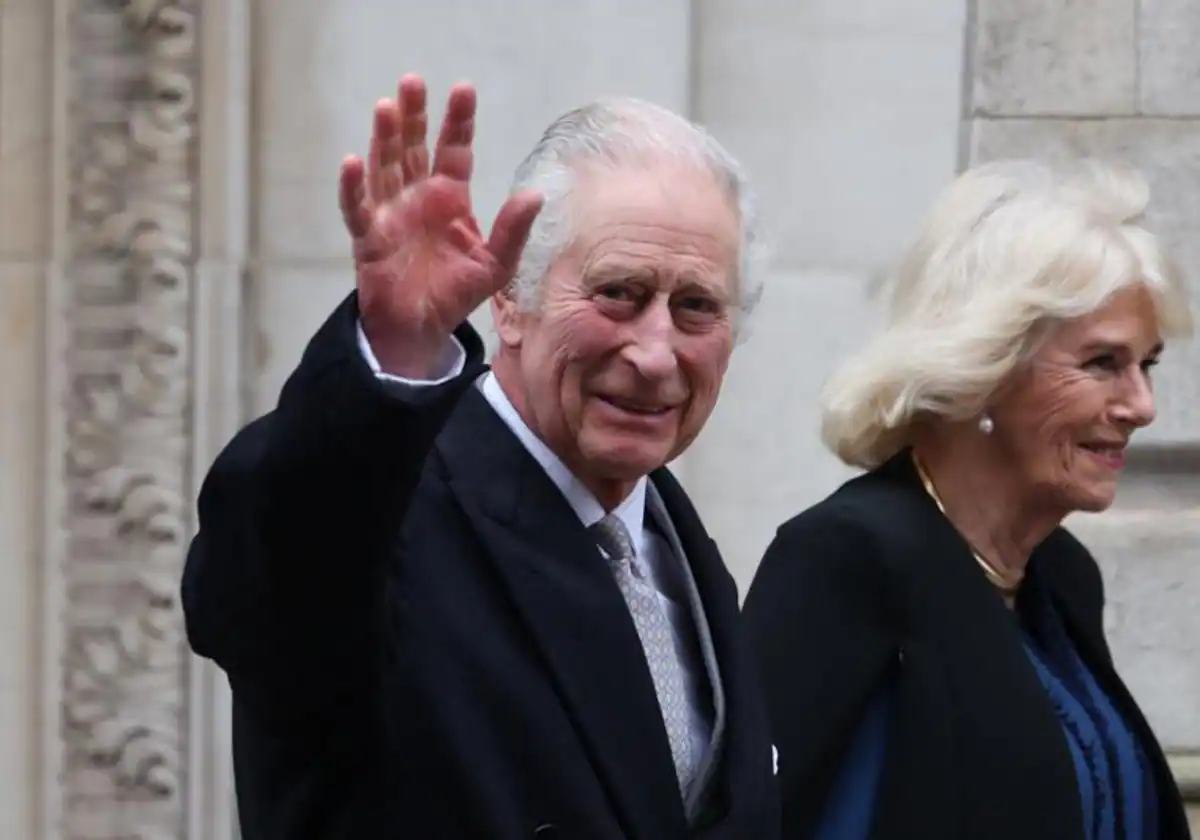Buckingham Palace announced on Monday, February 5th, that King Charles III of England has been diagnosed with cancer during a procedure for the treatment of benign prostatic hyperplasia. The British Royal Family has not specified the type of cancer, but they have clarified that it is not prostate cancer.
Faced with this uncertainty, the media are seeking to bring some clarity by consulting professional urologists. This has been the case with Diario ABC and El Español, who have turned to Dr. Javier Romero Otero, head of the urology department at HM Hospitales and medical director of ROC Clinic, due to his extensive experience in treating benign prostatic hyperplasia and diagnosing and treating urological cancers.
As Dr. Romero explained in these publications, “If it has nothing to do with the prostate, the logical assumption is that it could be a tumor in the bladder. When performing surgery for benign prostatic hyperplasia, we enter with a camera through the urethra, observe the prostate, and then the bladder. It is possible that upon reaching this last organ, a cancer in the tissues is detected.”
In the event that the tumor was diagnosed in the bladder, Romero explains that most cases tend to have a good prognosis, as “80% of bladder tumors are usually superficial and can be resolved with minimally invasive surgery. The remaining 20% could be invasive bladder cancer, and in these cases, adjuvant chemotherapy may be necessary, and in some instances, the bladder may need to be removed. These latter cases do pose a greater risk to the patient’s survival,” Romero explained.
Romero also noted that the tumor could have been detected either before or after the procedure. For example, “In some cases, lung cancer may be diagnosed on a chest X-ray taken prior to the surgery,” Dr. Romero Otero specified.

